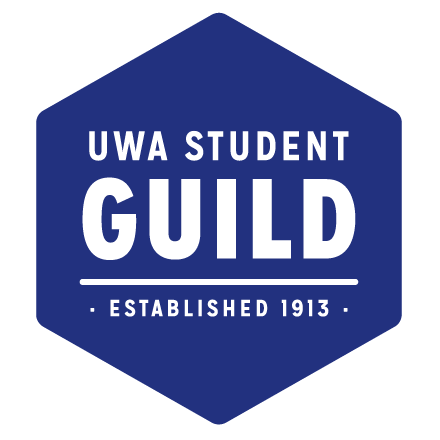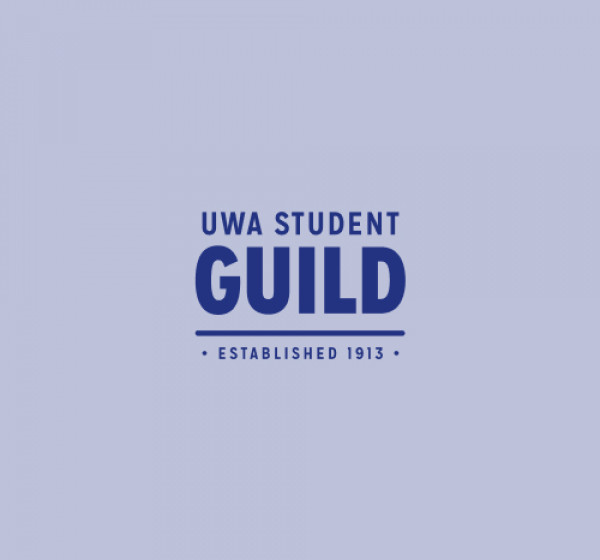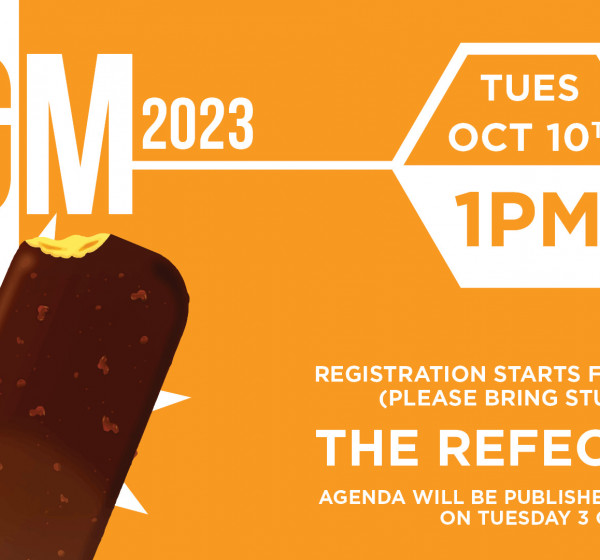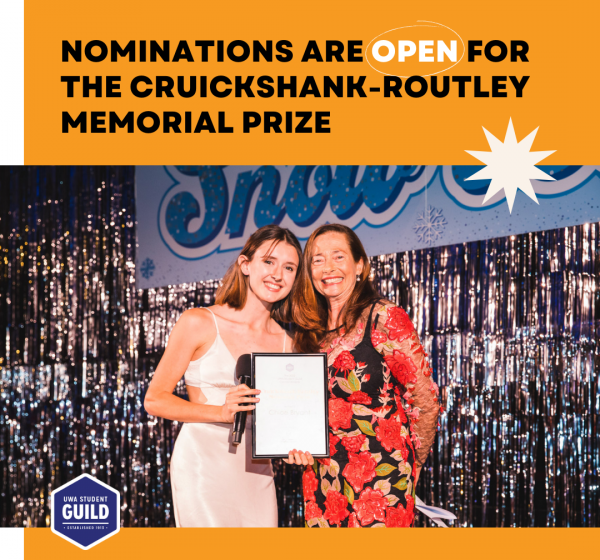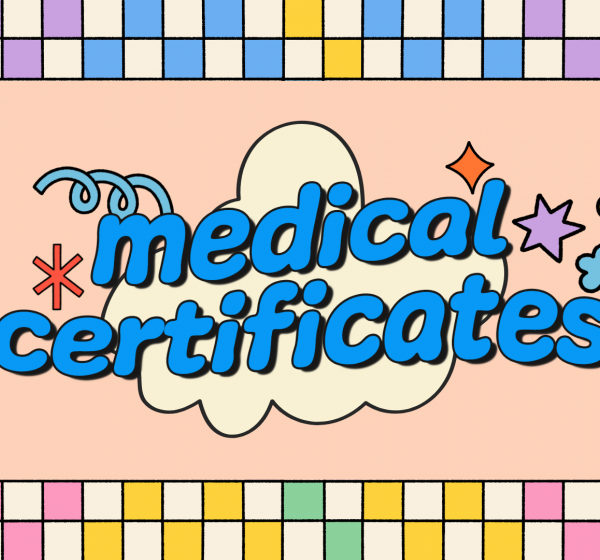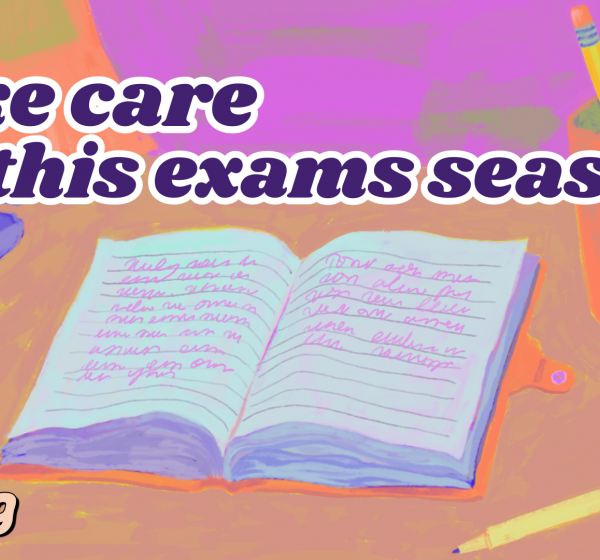Once the academic semester came to an end, I was left with a common problem – what TV show to watch.
I landed on Derry Girls, where five teenagers undergo typical teen problems amid 1990s Northern Ireland’s political conflicts. It left me in laughs, tears and a Derry accent for two weeks …
As a multiracial and a TCK who grew up in an international school in Singapore, slipping into a new accent is as effortless as breathing. Yet this fluidity, while amusing at times, reflects a deeper phenomenon—the experience of having what some might call a "blank accent".
While not a recognised term, I define it as an accent that adapts or mirrors the ones around them, typical for polyglots and those who grew up in multicultural settings. When your accent shifts with every new conversation, it can feel like your identity is in a constant state of flux in contrast with the stability and sense of belonging that a single distinct community-linked accent might provide. From this perspective, I often believed my blank accent was a coping mechanism to showcase the strength of my heritage and experiences, especially when my identity became more distorted with people’s attempts to box and dissect into shards.
In Singapore, I blended in with my peers. We would unconsciously mimic the Dutch accents of our PE teachers, the Vietnamese intonations of our music tutors, and the Mandarin of locals. Only when I moved to Perth, a monolingual society, did my unintentional transitions stick out like a sore thumb, attracting laughs, impressed expressions, and stares from others.
Ultimately, my accent or accents, serve as a gateway into gaining deeper connections with my surrounding communities. The fluidity of my accents allows me to express idioms and colloquial expressions exclusive to these groups but adaptable to me. From this I have an experience unique to my ethnic and cultural background and a connection to people with similar experiences. With growth and reflection, I no longer see my accent as a desperation to fit in or prove myself but as a testament to the array of cultural connections one can build. It reflects the places I have lived, the people I have met, the cultures I have embraced and the people that embraced me. It is not "blank" in the sense of being empty, but rather a canvas that continues to be painted with the colours of my experiences.
This article is the first in a series of blogs produced by the Ethnocultural Department to share the stories, experiences and perspectives of students who identify as Culturally and Linguistically Diverse (CaLD).
